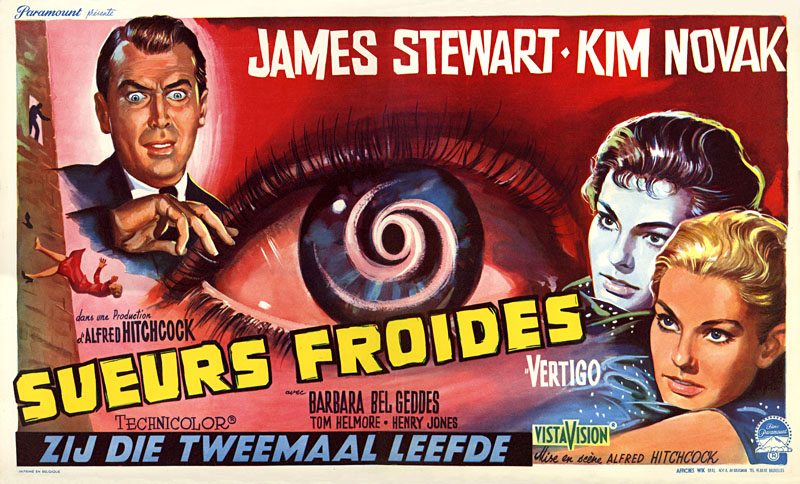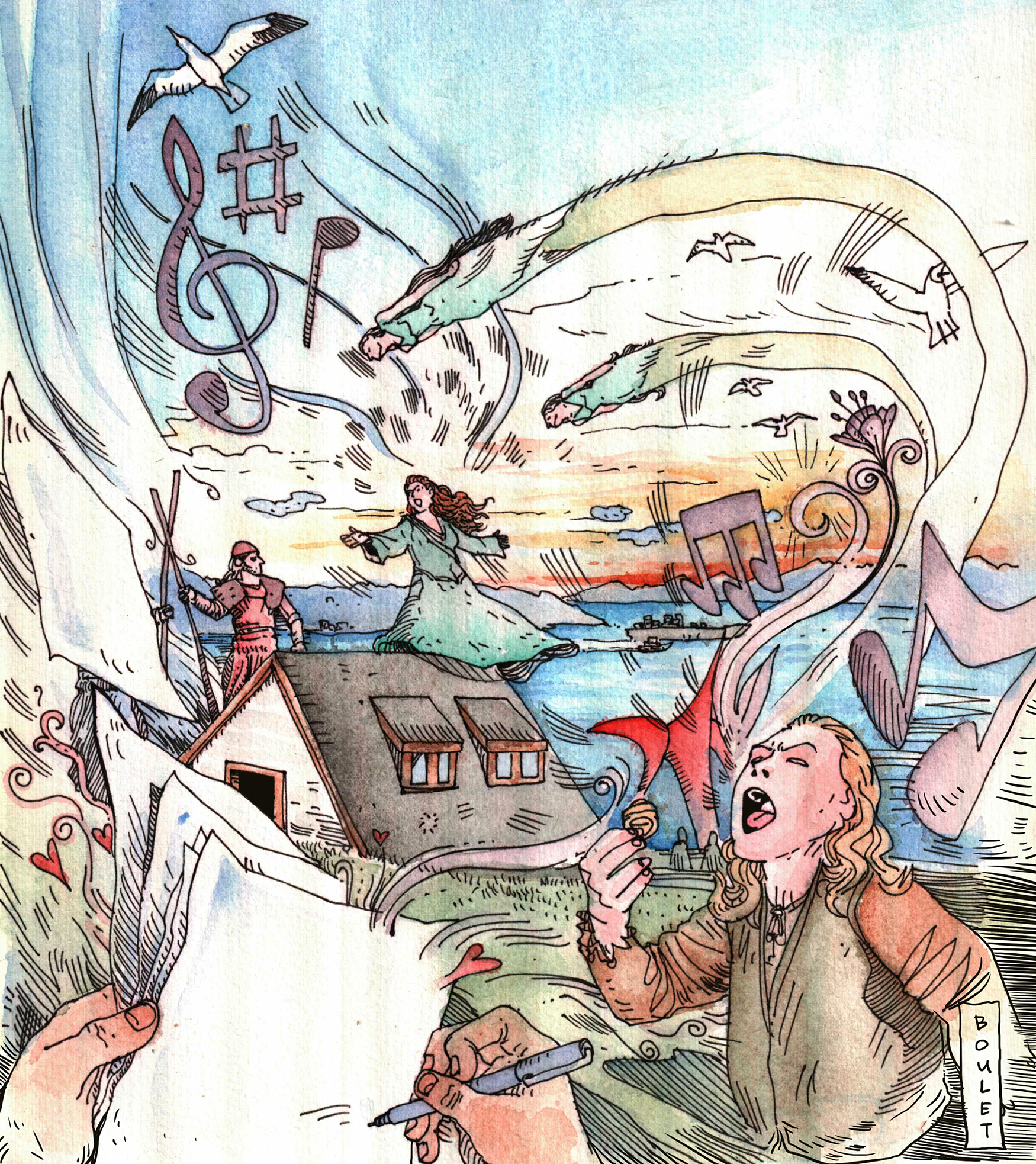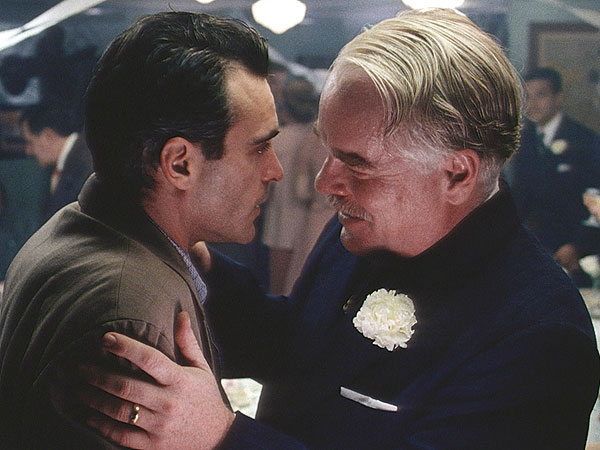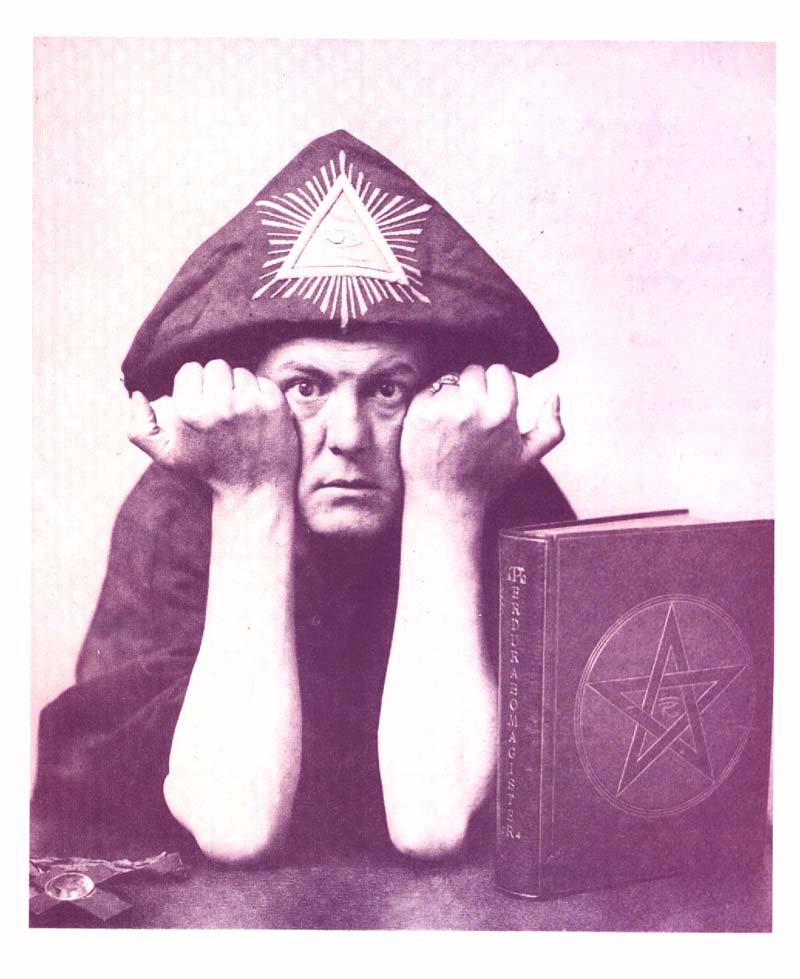WEDNESDAY 10/6
Books: The Hero’s Tail
Steve Duno didn’t plan on rescuing a mangy, tick-infested rottweiler/shepherd mix that had been raised on a hidden marijuana farm. The Seattle author also didn’t plan that the mutt—named Lou—would transform his life over the next 16 years into “an Indiana Jones film.” Last Dog on the Hill: The Extraordinary Life of Lou (St. Martin’s, $24.99) recounts Lou’s epic adventures, which include catching a rapist, foiling an armed robbery, helping to rehabilitate aggressive dogs, and mastering almost 200 commands. Next to him, Rin Tin Tin looks like a total slacker. Admittedly, animal memoirs are double-edged swords; as glorious as Lou’s story may be, a heartbreaking ending is likely (dogs only live so long . . . ). But Duno lovingly recalls his time with Lou, and his enthusiasm is so contagious that you may be inspired to adopt a rescue dog, too. Secret Garden Bookshop, 2214 N.W. Market St., 789-5006, secretgardenbooks.com. Free. 7 p.m. ERIKA HOBART
THURSDAY 10/7
Photography: Exile at Home
In 2007, UW-trained photographer Gregory Schaffer returned to Seattle after two years in China working for the Peace Corps. Things looked a lot different from when he left—then the economy collapsed. Where China had been booming, his adopted hometown suddenly went bust. The 21 images collected in After the Trees Have Grown document that bust, many of them shot during his foot and bicycle travels through industrial South Seattle, some while working for the Refugee Women’s Alliance. (A sidebar offers more hopeful portraits of the kids he mentors there.) A downed kite, unharvested fruit, abandoned paint cans in a brushy field, people living in a van—these are the pessimistic scenes Schaffer captures, so unlike his experiences abroad. “Taking pictures was hard, until I realized that King County was my ‘new China,'” says Schaffer. What was once familiar terrain became foreign to him. (Through Oct. 29.) Gallery4Culture, 101 Prefontaine Pl. S. (Tashiro Kaplan Building), 296-7580, 4culture.org. Free. Reception: 6–8 p.m. BRIAN MILLER
Dance: Non-Danse Dancer
The last time Christian Rizzo was in Seattle, he built a little apartment onstage at On the Boards, where he proceeded to live an eccentric little life, slicing up his clothes and coating his face with cold cream and bright-green glitter. He is a choreographer because he says he is. As a creator in the French non-danse world, he isn’t working with movement so much as creating an environment for that potential energy. His new work, b.c, janvier 1545, fontainebleau, should be like watching the controlled explosion of a nuclear power plant. Julie Guibert will be the soloist on stage, with Rizzo orchestrating the mise-en-scène. (Through Sun.) On the Boards, 100 W. Roy St., 217-9888, ontheboards.org. $25. 8 p.m. SANDRA KURTZ
Books: Lyrical Pessimism
Just when you think you might nod off from the clichés that smother our media culture, David Rakoff responds with the bracing and brutal power of great writing. Gifted with rare “verbal acuity,” as he puts it (with an always-implicit eye-roll), he has elevated magazine hackwork to a poignantly funny art of observation and self-revelation. If you’ve heard him on This American Life, you know he also has an actor’s delivery. His droll, nasally, world-weary radio persona is his most hilarious character. His latest collection, Half Empty (Doubleday, $24.95), on the power of negative thinking, is as usual part memoir, part reportage. And while the targets—a Disney Dream House, a porn expo—may at times seem too easy, Rakoff never makes the experience less than hilariously onerous. Town Hall, 1119 Eighth Ave., 652-4255, townhallseattle.org. $5. 7:30 p.m. MARK D. FEFER
Books/Pets: Paws of Glory
At 40, Steven Kotler was a jaded L.A. journalist whose philanthropy was limited to once having “had sex with a Peace Corps volunteer.” But that changes when he falls in love with a woman dedicated to animal rescue. Soon after, he sells his belongings and moves with her to New Mexico to start a dog sanctuary—this transition is the premise of his charming memoir A Small Furry Prayer: Dog Rescue and the Meaning of Life (Bloomsbury, $24). Like most dog-related stories, Kotler’s tale is sweet and often heartbreaking. But Kotler doesn’t indulge in sentimental prose, and he’s frequently hilarious. (“Salty is a three-pound Chihuahua, handsome, blonde, shell-shocked, and not too unlike Michael Caine near the ragged end of The Man Who Would Be King.”) Even so, it’s obvious from the number of furry photos in his book that he’s given his heart to the dogs. Eagle Harbor Books, 157 Winslow Way E. (Bainbridge Island), 842-5332, eagleharborbooks.com. Free. 7:30 p.m. (Also: Elliott Bay Book Co., 7 p.m. Fri.) ERIKA HOBART
FRIDAY 10/8
Visual Arts: Remembering Dora
Opening today, SAM’s fall supershow needs no more fanfare than the First Avenue banners and window-wraps already proclaiming Picasso: Masterpieces From the Musée Picasso, Paris! And if SAM sells enough tickets, T-shirts, coffee mugs, greeting cards, and posters to restore its recession-impacted staff and hours, we say fine. (Though the exhibit does carry a premium over normal ticket prices.) On view will be 150 works by the short, sybaritic Spaniard (1881–1973), including Portrait of Dora Maar, painted in 1937 when she was 30 and her new lover 55. A French-Jewish surrealist photographer, she was raised partly in Argentina, so she and Picasso spoke Spanish together, making them equals to a degree not all his lovers during the period would enjoy. Unlike some of Picasso’s earlier, more severely cubist portraits, Maar’s pretty features aren’t so radically rearranged here; she’s allowed a degree of elegance and respect that would last—though with other concurrent lovers—through their nine years together. But eventually she was dumped, childless. She died in 1997, one year after Julianne Moore portrayed her in Surviving Picasso. (Through Jan. 17.) Seattle Art Museum, 1300 First Ave., 654-3121, seattleartmuseum.org. $18–$23. 10 a.m.–9 p.m. BRIAN MILLER
Music: Living History
Wintergrass may have jumped ship to bourgeois Bellevue, but this show is proof that bluegrass still has a home in Tacoma. With his clawhammer banjo and folksy vocal style, the legendary 83-year-old Ralph Stanley helped take bluegrass to unparalleled commercial heights with the O Brother, Where Art Thou? soundtrack. Since then, he’s released a handful of records that explore the bluegrass influence on various musical genres, from albums full of gospel to albums of nothing but Carter Family covers. Similarly, the Blind Boys of Alabama make traditional music with a penchant for exploration. The ever-evolving gospel group—founded in 1939—last year recoded Duets, with vocal contributions from Ben Harper, Lou Reed, and other acolytes. Consider tonight’s concert an American music-history lesson for the hipster crowd. Pantages Theater, 901 Broadway (Tacoma), 253-591-5890, broadwaycenter.org. $29–$74. 7:30 p.m. BRIAN J. BARR
Film: An Auteur Cut in Two
Alfred Hitchcock lives! The very cleverly assembled hybrid Double Take samples the director’s old movie cameos and TV-show intros, adds a body double and vocal impersonator, then grafts them all onto a story by Jorge Luis Borges. All the machinery is revealed, yet director Johan Grimonprez creates a neat little fugue of time-traveling implausibility and murder. “If you should meet your double,” says one of several Hitchcocks here, “two of you is one too many.” Meaning someone has to die. Generous use of newsreels and citations from The Birds add a Cold War context, too: There are two pairs of doppelgängers, Hitch vs. Hitch and the U.S.A. vs. the U.S.S.R. Thus, “It’s the murderer who will tell the story”—whoever strikes first, whoever survives. (Our political system is represented by old Folger’s Coffee ads that Hitchcock mocks, but they’re actually quite funny.) Between the Borges framework, a new screenplay, and the quippy old director, it can be hard to tease out the lines of authority. Hitchcock’s classic Vertigo follows tonight at 8:30 p.m. Other repertory titles through Monday include North by Northwest, The Birds, and The Man Who Knew Too Much. SIFF Cinema, 321 Mercer St. (McCaw Hall), 448-2186, siff.net. $8–$10. 7 p.m. BRIAN MILLER
MONDAY 10/11
Books/Music: Ms. Mosh
If you think the Spice Girls invented Girl Power, Girls to the Front: The True Story of the Riot Grrrl (HarperPerennial, $14.99) will set the record straight. New York journalist Sara Marcus begins her account as a lonely teen attending Riot Grrrl meetings in D.C., where discussion topics ranged from favorite tampon brands to sexual abuse. She then launches into a lively timeline of the tough-girl movement, which she fits neatly into the overall history of feminism. Marcus depicts the rise of Olympia punk bands like Bikini Kill and the aggregation of girl gangs (including a pre–Sleater-Kinney Corin Tucker) shoving their way back into the testosteroned mosh pits. “They were mustering for battle against the idea that to be a girl was to be in grave danger that you could never fully escape,” Marcus writes. Tonight, she’ll read after local violinist L. Alex Guy and her band, Led to Sea, perform. Elliott Bay Book Co., 1521 10th Ave., 624-6600, elliottbaybook.com. Free. 5 p.m. ERIN K. THOMPSON
TUESDAY 10/12
Books/Music: Stairway to Bach
Accidentally or by design, modern jazz and rock combos took on the template that baroque composers had developed centuries earlier for chamber music: melody instrument, bass instrument, and something to fill in the middle, whether piano, harpsichord, or rhythm guitar. New Yorker music critic Alex Ross traces even deeper old/new resemblances in his essay “Chacona, Lamento, Walking Blues,” exploring how the descending bass line became an endlessly reusable and powerful musical trope from renaissance dances through Purcell, Tchaikovsky, flamenco, Ligeti, Ray Charles, and Led Zeppelin. It’s the subject of his talk tonight, and a centerpiece of Listen to This (Farrar, Straus and Giroux, $27), his new collection of writings (ranging from Verdi to Björk) and the follow-up to his splendid history The Rest Is Noise. No other writer today can make such insightful leaps in the service of preaching compellingly to the classical unconverted. Town Hall, 1119 Eighth Ave., 652-4255, townhallseattle.org. $5. 7:30 p.m. GAVIN BORCHERT









